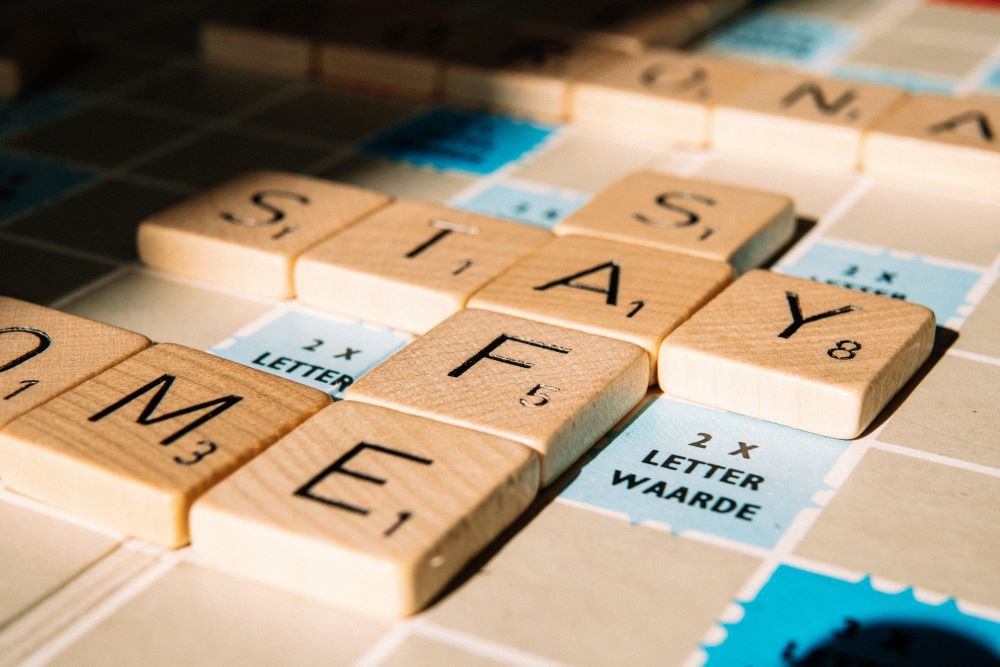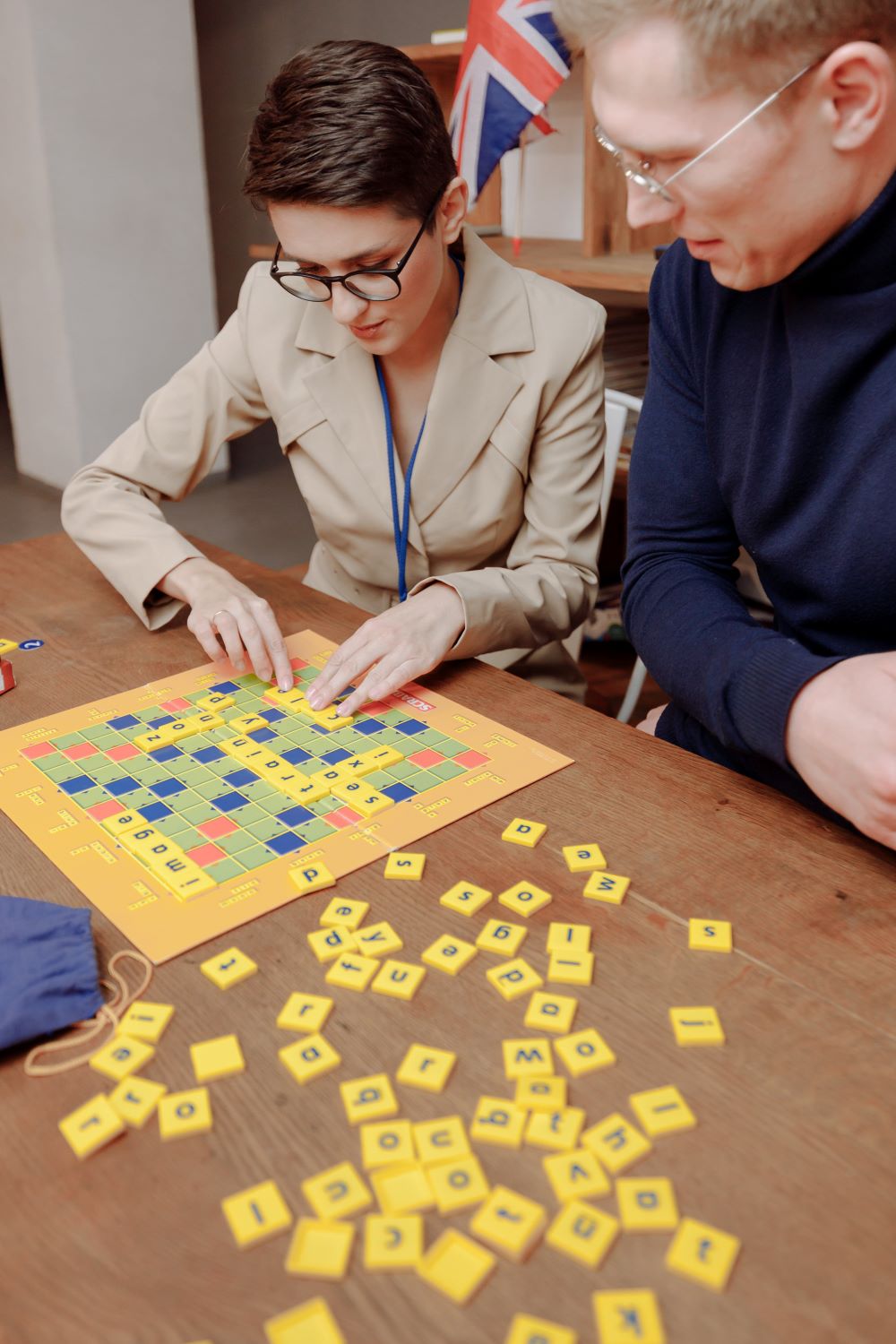Research shows word games enhance various cognitive abilities.
As we age, the speed at which we process information might slow down, and recalling certain words or names could become a tad more challenging. This is because just like every other part of the body, our brain ages as well. It’s a natural part of life. However, there’s empowering news – supporting brain health is within our control through various means such as diet, exercise, and lifestyle habits. One intriguing aspect gaining popularity in this context is playing word games, like crosswords, Wordle, Connections, Spelling Bee, or Words With Friends, which many incorporate into their daily routines with the belief that it aids in maintaining cognitive acuity.
Now, does indulging in word games genuinely support brain health? Dr. Elana Clar, MD, a distinguished neurologist affiliated with New Jersey Brain and Spine, asserts that the enthusiasm around word games is not unwarranted. The benefits extend beyond mere entertainment – they indeed contribute positively to brain health.
Dr. Clar underlines that while factors like nutrition, exercise, and community engagement play pivotal roles in maintaining brain health, activities that stimulate the mind, including learning a new language, acquiring a fresh skill set, or playing word games, are equally crucial.
The rationale behind the positive impact of word games on brain health lies in their ability to enhance various cognitive skills. Dr. Clar identifies improvements in attention, verbal fluency, memory, and processing speed as key outcomes.

These are particularly significant as these skills are susceptible to decline as we age. Supporting this perspective, a study spanning 68 years revealed that engaging in analog games (non-digital) correlates with better cognitive health in older age. Additionally, another study showcased that individuals who regularly engaged in crossword puzzles experienced a delayed decline in memory compared to their counterparts who abstained.
For those more inclined towards number games, such as sudoku, there’s good news as well. Scientific research has established a link between regularly playing sudoku or similar games and achieving higher memory scores. This revelation is undoubtedly heartening for individuals who relish the challenge of these intellectual games.
As the evidence piles up in favor of word games, you might wonder which ones offer the most significant cognitive benefits. Dr. Clar suggests that classics like crossword puzzles and Scrabble are excellent choices. However, she doesn’t limit the scope to word games alone, extending the endorsement to numeracy puzzles like sudoku and strategic games like chess.
Further expanding the horizon, engaging in language learning through apps such as Duolingo emerges as a valuable method to support brain health. The common thread among these diverse games is their provision of intellectual stimulation, proving that there are various avenues to keep our minds active and agile.
Importantly, Dr. Clar emphasizes the social aspect of these activities. Whether it’s a physical sport or a word game, introducing a social element can significantly enhance energy and mood – both critical components in maintaining mental sharpness. Scientifically, numerous studies have emphasized the integral role social connections play in healthy aging, further underlining the holistic approach needed for overall well-being.
However, it’s crucial to view word games as one piece of the cognitive health puzzle. Dr. Clar provides a balanced perspective, stating that while word games contribute positively, they cannot operate in isolation.
A holistic approach that includes other elements like a nutritious diet, sufficient sleep, and regular exercise is essential for optimal brain health. Nevertheless, the encouraging news is that incorporating a word game into your daily routine adds another layer to the multifaceted recipe for a sharp and healthy mind. So, the next time you engage in a word game, relish it not just as a form of entertainment but as a delightful and beneficial exercise for your brain.
Sources:
Here’s What Impact Word Games Actually Have On Your Brain Health, a Neurologist Explains
Food, Mood, and Brain Health: Implications for the Modern Clinician
Association of Crossword Puzzle Participation with Memory Decline in Persons Who Develop Dementia
Sleep disturbances increase the risk of dementia: A systematic review and meta-analysis


Join the conversation!